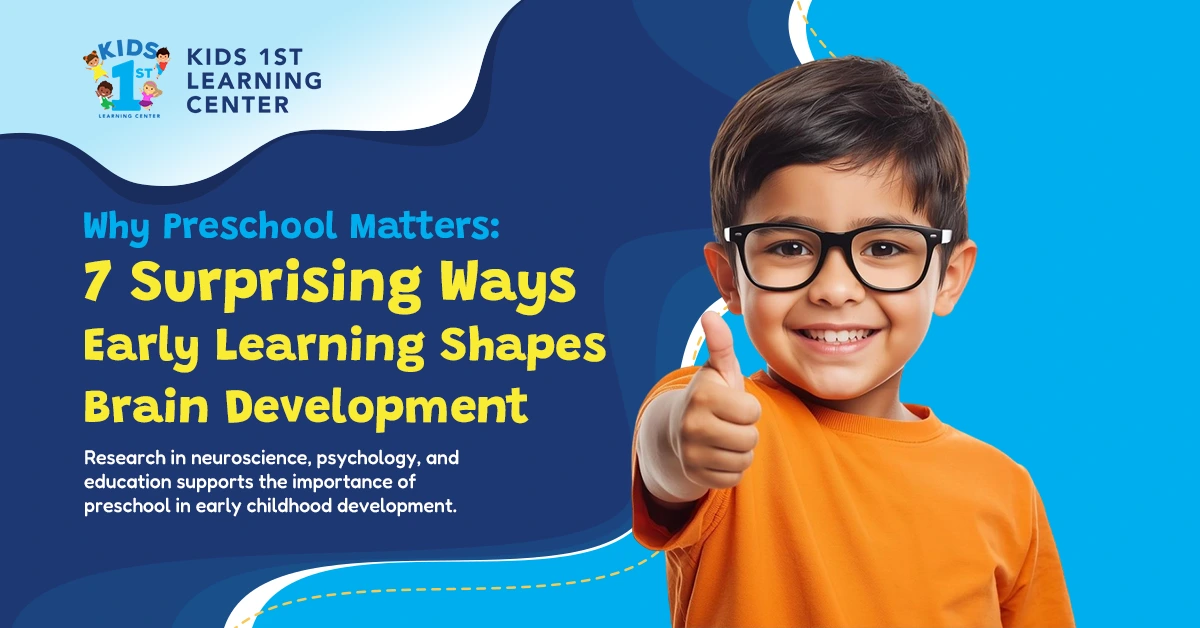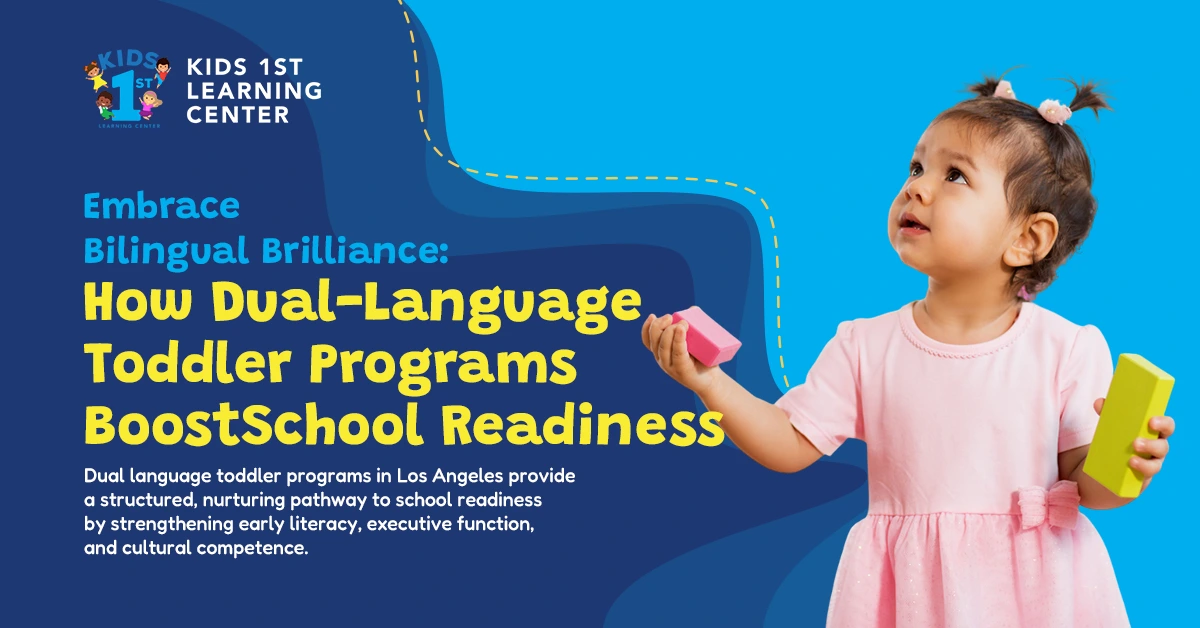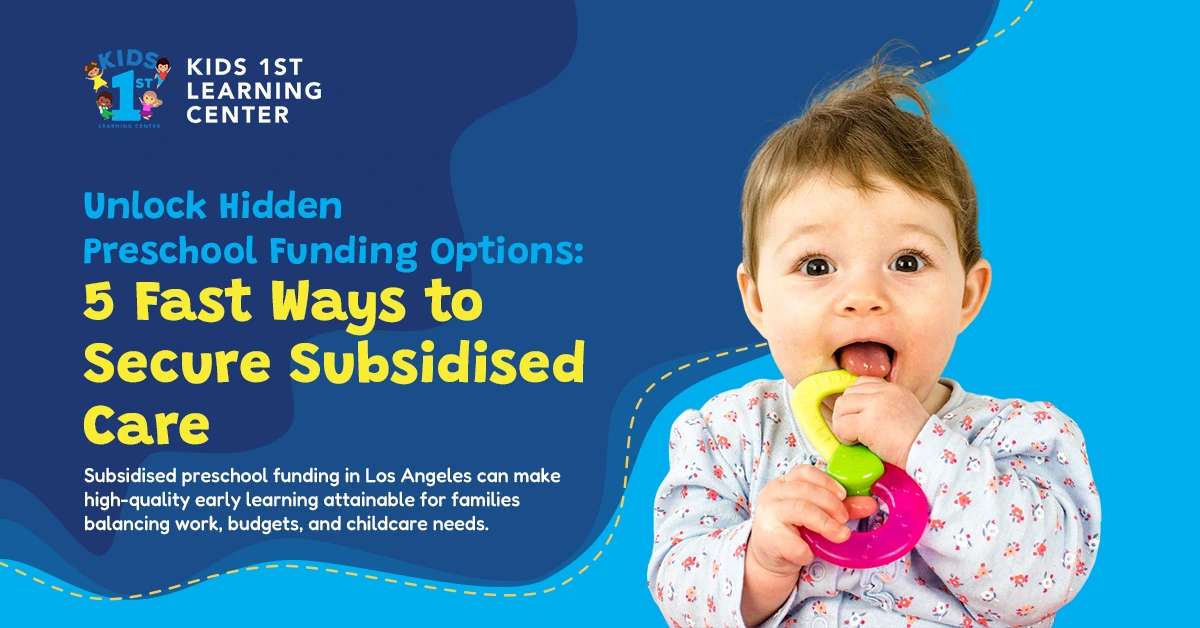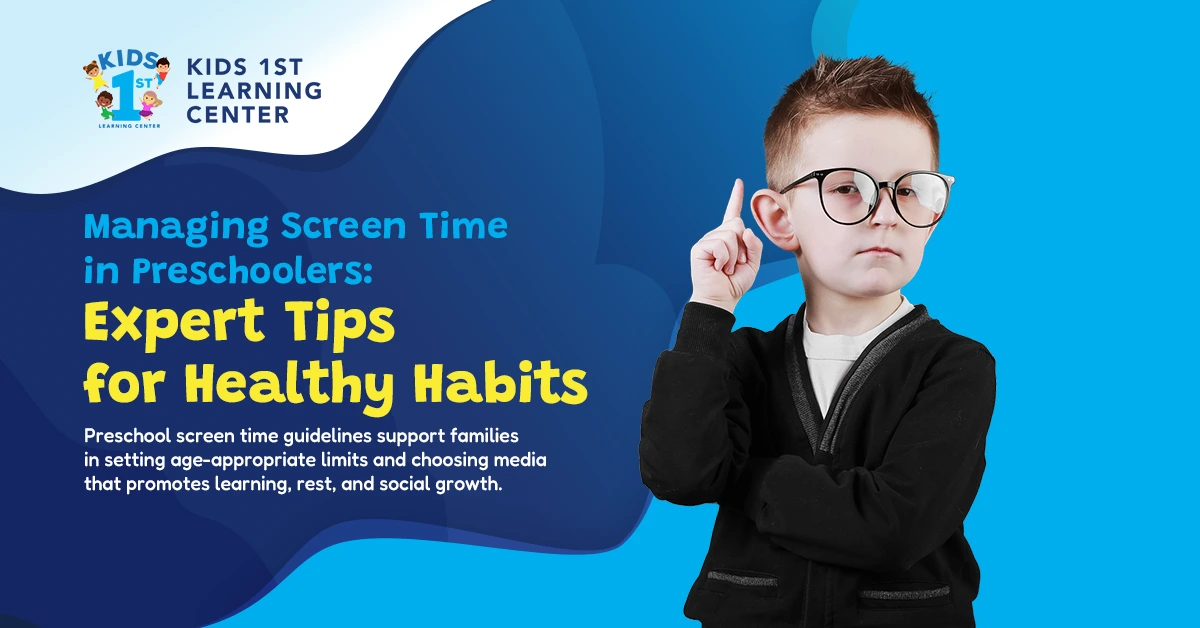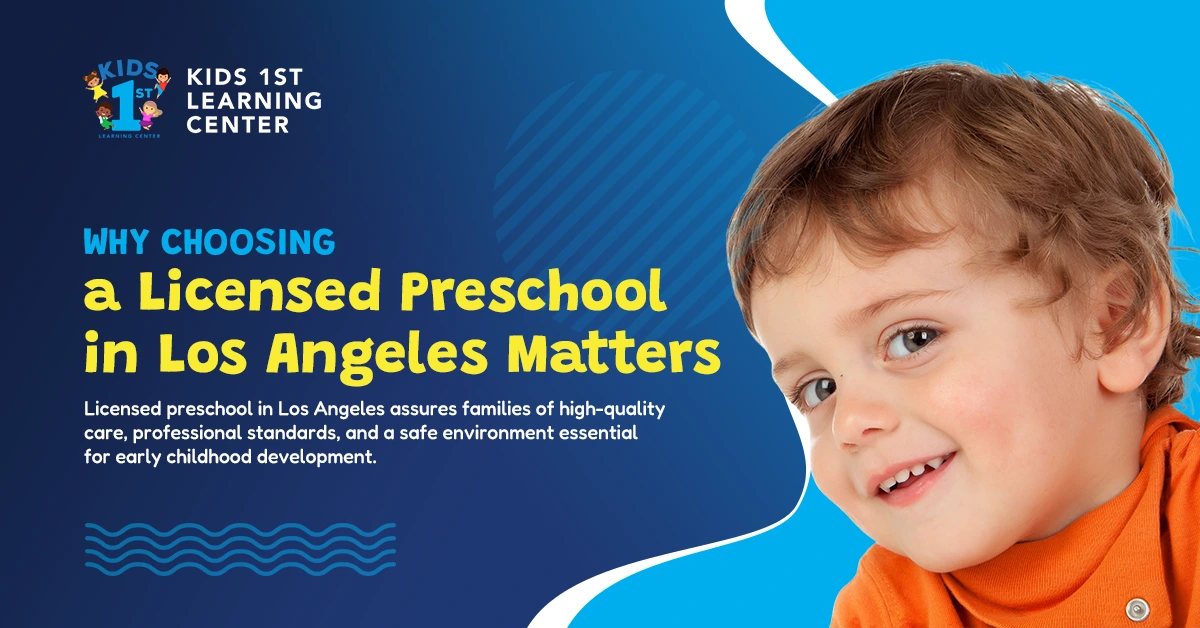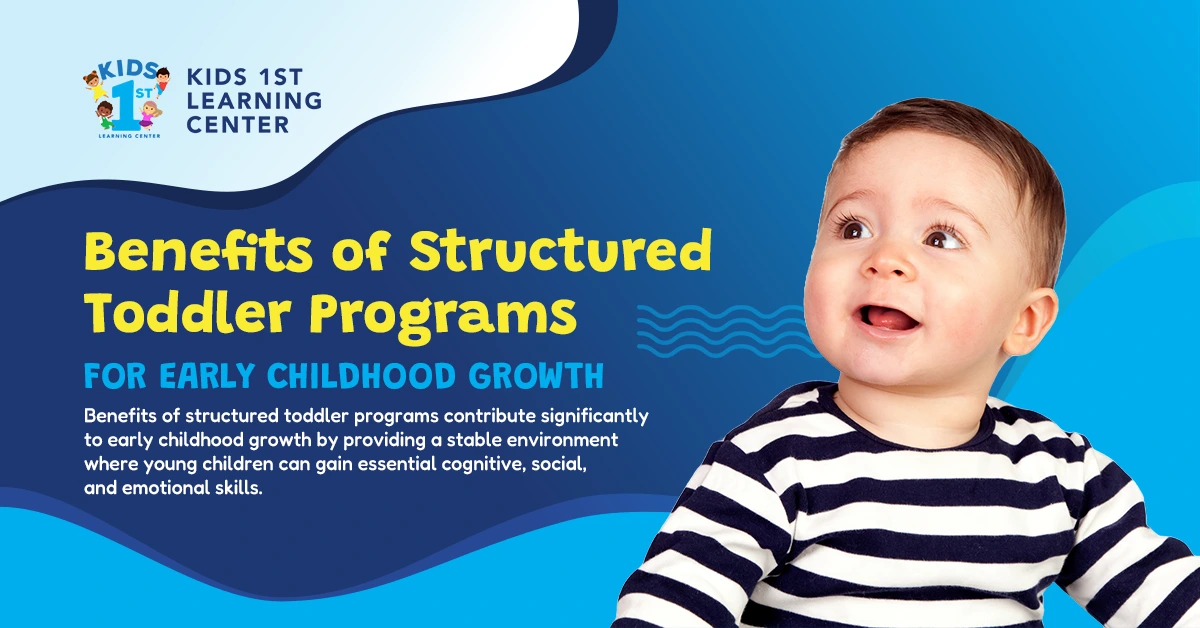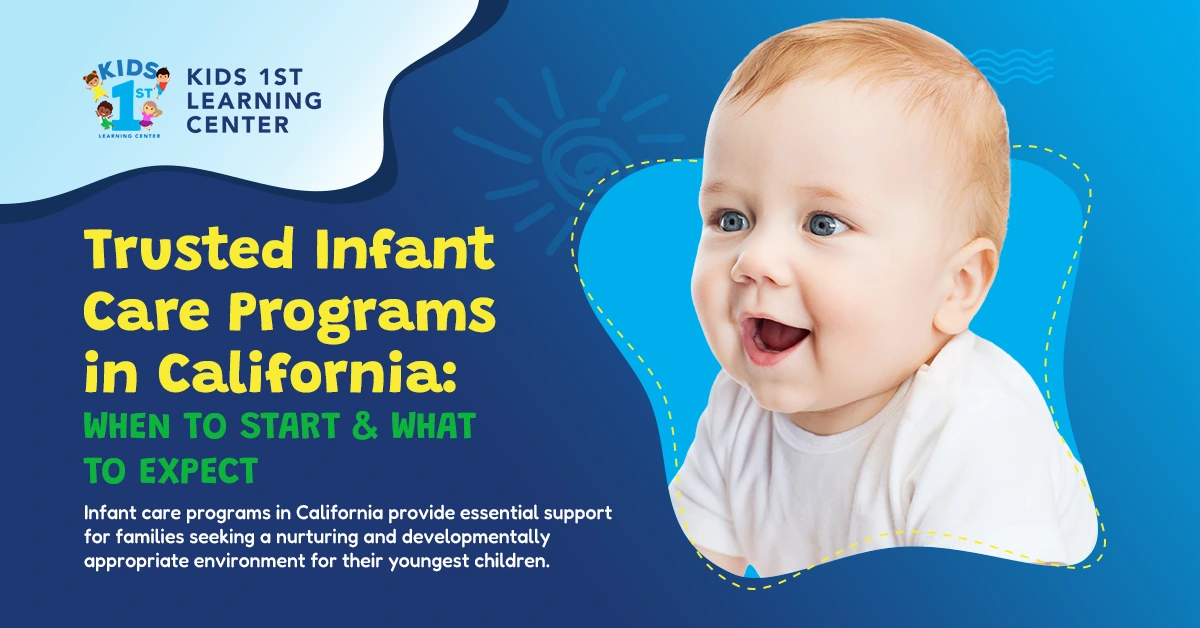
Infant care programs in California provide essential support for families seeking a nurturing and developmentally appropriate environment for their youngest children. These programs promote early learning, emotional security, and physical well-being through individualized attention and structured care. For parents considering enrollment, understanding when to begin and what to expect ensures a smooth transition.
High-quality infant care programs prioritize safety, consistency, and responsive caregiving, laying the foundation for healthy growth and future learning. In California, many licensed centers follow best practices that align with the state’s early childhood education standards, providing families with peace of mind and children with a strong start. By selecting a trusted program, parents can be confident that their infants receive compassionate care in a professional and supportive setting.
Understanding the Best Age to Start Infant Care
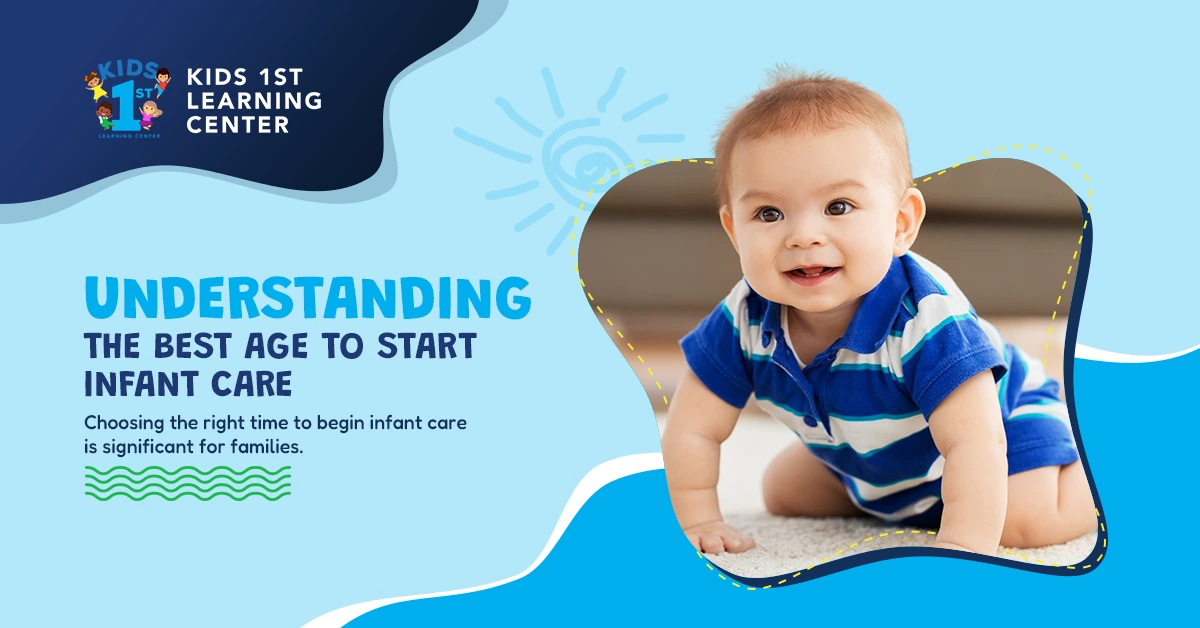
Choosing the right time to begin infant care is significant for families. While each child and situation is unique, certain developmental and logistical factors can help guide parents toward the most appropriate timing. Understanding these considerations ensures a smoother transition into a structured care environment.
Parental and Emotional Readiness
For many families, the decision to start care is influenced as much by emotional preparedness as logistics. Parents often assess their comfort level with leaving their child in the care of others before making this transition. The following points highlight common indicators of readiness:
- Confidence in the Provider: Parents feel assured that the facility is licensed, experienced, and trustworthy.
- Clear Return-to-Work Timeline: Parents have a plan for returning to work, making care necessary.
- Emotional Readiness: Parents feel emotionally prepared to separate for part of the day and trust the caregiver’s ability to nurture their child.
- Established Routine at Home: The infant has begun to follow regular sleep, feeding, and wake cycles.
Recognizing these indicators can help families feel more secure in their decisions and better prepared for the adjustment period.
Developmental Milestones and Infant Readiness
Infants also display developmental signs that suggest they are prepared for a group care environment. These signs typically emerge between 6 weeks and 6 months of age and reflect increasing adaptability to new settings and caregivers.
- Improved Feeding Patterns: The infant feeds on a more predictable schedule, which supports care routines.
- Better Sleep Regulation: Sleep begins to consolidate, making it easier to follow a structured schedule.
- Alertness and Responsiveness: The infant shows interest in surroundings and engages with voices, lights, or movement.
- Comfort with Short Separations: Infants begin to tolerate short periods away from primary caregivers, which eases the transition.
Monitoring these milestones allows families to select a starting point that aligns with their child’s development and comfort level.
Practical Considerations Unique to California Families
Availability and regulations can also influence when families start infant care. Planning is often necessary due to regional demand and licensing requirements.
- Licensed Facility Waitlists: Many high-quality programs have limited space and require early application.
- Workplace Leave Policies: State and employer-specific policies often determine when care is needed.
- Commute and Location Factors: Proximity to work or home can affect timing and choice of provider.
- Program Schedule Options: Some centers offer part-time or flexible care to accommodate gradual transitions.
Understanding these practical concerns helps families make informed decisions that balance personal needs with regulatory and logistical realities.
What to Expect from Baby Care Programs
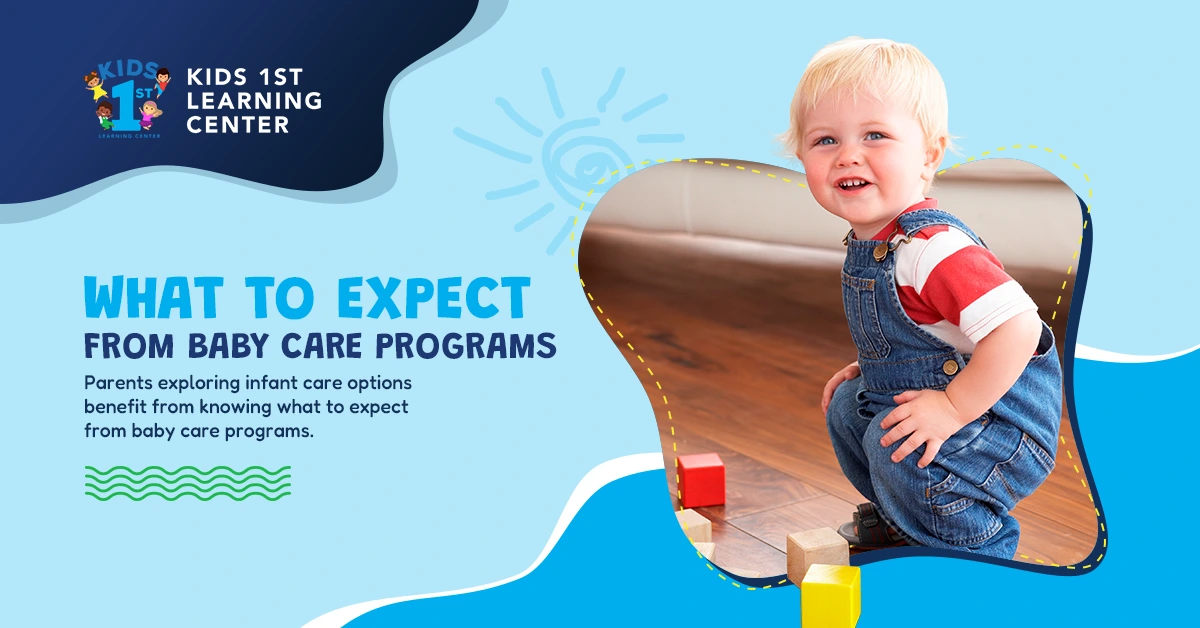
Parents exploring infant care options benefit from knowing what to expect from baby care programs. High-quality programs are structured to promote healthy development while offering a safe, nurturing, and engaging environment. Understanding the daily routine, caregiver responsibilities, and developmental focus areas can help families make informed choices.
Daily Structure and Environment
Baby care programs are designed to create consistent, predictable routines that support infants’ physical and emotional well-being. These routines help establish patterns and reduce stress for the child and caregiver.
- Individualized Schedules: Feeding, sleeping, and playtimes are adapted to each infant’s needs and rhythms.
- Clean and Safe Environment: Classrooms are regularly sanitized and organized to minimize hazards.
- Age-Appropriate Materials: Toys and learning tools are selected to support sensory exploration and fine motor skills.
- Calm and Responsive Atmosphere: Caregivers use soothing tones, gentle touch, and eye contact to build trust and security.
This daily structure fosters comfort and continuity, gradually helping infants adjust to the care environment.
Caregiver Interaction and Communication
Caregivers play a central role in infant development by offering responsive and attentive care throughout the day. Strong caregiver-infant relationships are foundational to emotional growth.
- Responsive Engagement: Caregivers respond promptly to cues such as crying, cooing, or gestures.
- Language Development Support: Verbal interaction, songs, and reading encourage early language exposure.
- Observation and Documentation: Daily logs are maintained for feeding, sleeping, diapering, and notable behaviors.
- Open Parent Communication: Staff provide regular updates and are available for questions or concerns.
This level of engagement ensures that both the child and family feel supported and informed.
Developmental Activities and Learning
Although care programs focus on basic needs, they also incorporate early learning opportunities tailored to infants’ developmental stages. Activities are gentle and sensory-based, promoting foundational skills through everyday experiences.
- Tummy Time and Movement: Helps strengthen muscles and coordination.
- Sensory Exploration: Soft textures, visual contrasts, and gentle sounds engage developing senses.
- Social Interaction: Infants observe and interact with peers, building early social awareness.
- Repetitive Activities: Simple, repeated actions reinforce learning and predictability.
These carefully designed activities support holistic development and prepare infants for the following stages of early education.
The Importance of Choosing Licensed Infant Care in California
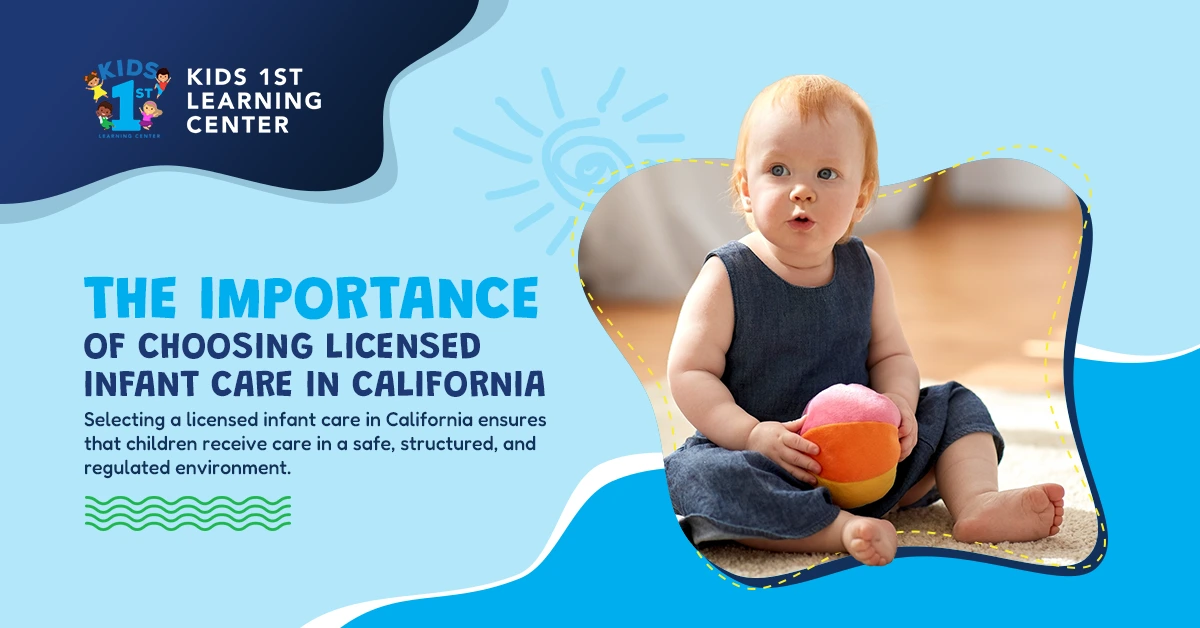
Selecting a licensed infant care in California ensures that children receive care in a safe, structured, and regulated environment. Licensing is a quality benchmark, indicating that the facility complies with state-mandated health, safety, staffing, and program operation standards. For families, this provides confidence that their infants are cared for by trained professionals in a well-maintained setting.
Health and Safety Compliance
Licensed facilities must meet strict health and safety regulations established by the California Department of Social Services. These standards are regularly monitored through inspections and reporting.
- Sanitation Protocols: Programs must maintain clean spaces, disinfect toys and surfaces, and follow diapering and handwashing procedures.
- Safe Sleep Practices: Infants are placed on their backs to sleep, and cribs are free of loose items by state and federal guidelines.
- Emergency Preparedness: Staff are trained in first aid, CPR, and evacuation procedures to ensure emergency readiness.
- Secure Facilities: Entrances, exits, and play areas are secured to prevent unauthorized access or injury.
These measures reduce health risks and create a secure environment conducive to early development.
Qualified and Trained Staff
A licensed program must employ caregivers who meet specific qualifications and participate in ongoing training. This confirms staff are equipped to meet infants’ developmental needs.
- Background Checks: All employees undergo fingerprinting and criminal background screenings.
- Early Childhood Education Requirements: Caregivers must meet minimum educational standards related to child development.
- Ongoing Professional Development: Staff participate in annual training hours on infant care, safety, and learning techniques.
- Low Child-to-Staff Ratios: State regulations limit the number of infants per caregiver, allowing individualized attention.
Families can trust that licensed providers are staffed by professionals who understand how to nurture growth in a structured and developmentally appropriate way.
Oversight and Accountability
Licensing creates a formal system of accountability. Programs are subject to routine inspections, compliance reviews, and public reporting, encouraging transparency and continuous improvement.
- Annual Inspections: State inspectors evaluate facilities for compliance with licensing standards.
- Complaint Investigations: Families can report concerns directly to the licensing agency for investigation.
- Public Access to Reports: Inspection histories and citations are available online for family review.
- Corrective Action Plans: Facilities must address any violations promptly and demonstrate improvements.
This oversight ensures that programs consistently meet established standards, offering families peace of mind and infants a safe foundation for growth.
Key Benefits of Professional Infant Care Programs
Enrolling a child in a professional infant care program provides more than supervision—it offers a structured environment that supports early development in critical areas. These programs are designed purposefully, focusing on cognitive, emotional, physical, and social growth through responsive care and intentional activities. Families benefit from the assurance that their infants are in a setting tailored to promote long-term well-being.
Support for Early Social and Emotional Development
Children begin forming relationships from infancy that influence their emotional health and social behavior. Professional care programs prioritize secure attachments and social interaction.
- Consistent Caregiver Relationships: Infants bond with dedicated caregivers, fostering emotional security.
- Peer Interaction: Daily exposure to other infants encourages early social awareness and empathy.
- Emotional Regulation Support: Caregivers model and respond to emotions in developmentally appropriate ways.
- Safe Emotional Environment: Programs are structured to reduce stress and create predictable routines.
These experiences lay the foundation for stable emotional development and social competence.
Cognitive and Language Development
Infant care programs integrate activities that stimulate brain development and encourage language skills. Even simple interactions have a lasting impact on learning readiness.
- Sensory-Rich Environments: Infants explore colors, sounds, and textures that enhance neural connections.
- Daily Verbal Engagement: Caregivers speak, read, and sing to infants to promote receptive and expressive language.
- Exploratory Play: Age-appropriate toys and guided play activities support problem-solving and cognitive growth.
- Introduction to Routines: Structured transitions teach sequencing and anticipation, building cognitive understanding.
Consistent exposure to these elements contributes to early literacy and cognitive advancement.
Physical Development and Motor Skills
Programs incorporate activities that strengthen physical development and coordination. These are essential during the first year as infants gain control of their movements.
- Tummy Time and Crawling Activities: Encourage muscle development in a safe environment.
- Fine Motor Practice: Toys and objects of various shapes and sizes help build grasping and hand-eye coordination.
- Safe Exploration Spaces: Classrooms are designed to support crawling, rolling, and walking safely.
- Outdoor Time: Supervised outdoor play supports sensory and gross motor development.
Professional programs ensure infants build essential physical skills with confidence and support by focusing on gross and fine motor milestones.
Conclusion
Choosing the right infant care program is one of the most important decisions families can make during a child’s earliest stages of development. Licensed and professional infant care programs in California provide a strong foundation for well-being, cognitive growth, and physical development through structured routines and responsive caregiving. From understanding the best age to begin care to recognizing the key benefits of a high-quality program, parents are empowered to make informed choices that support their child’s future success. With dedicated caregivers, secure environments, and a focus on individual growth, these programs offer the assurance every family deserves.
Begin your child’s journey with confidence. Contact Kids 1st Learning Center today at (818) 873-0133 or visit https://kids1st.org/contact-kids-1st/ to learn more about our trusted infant care programs.

